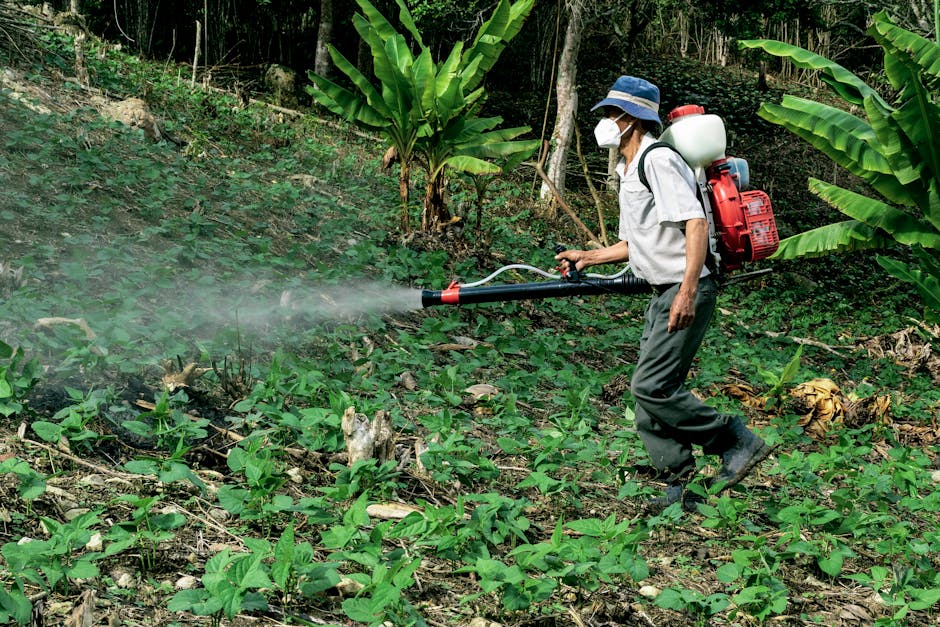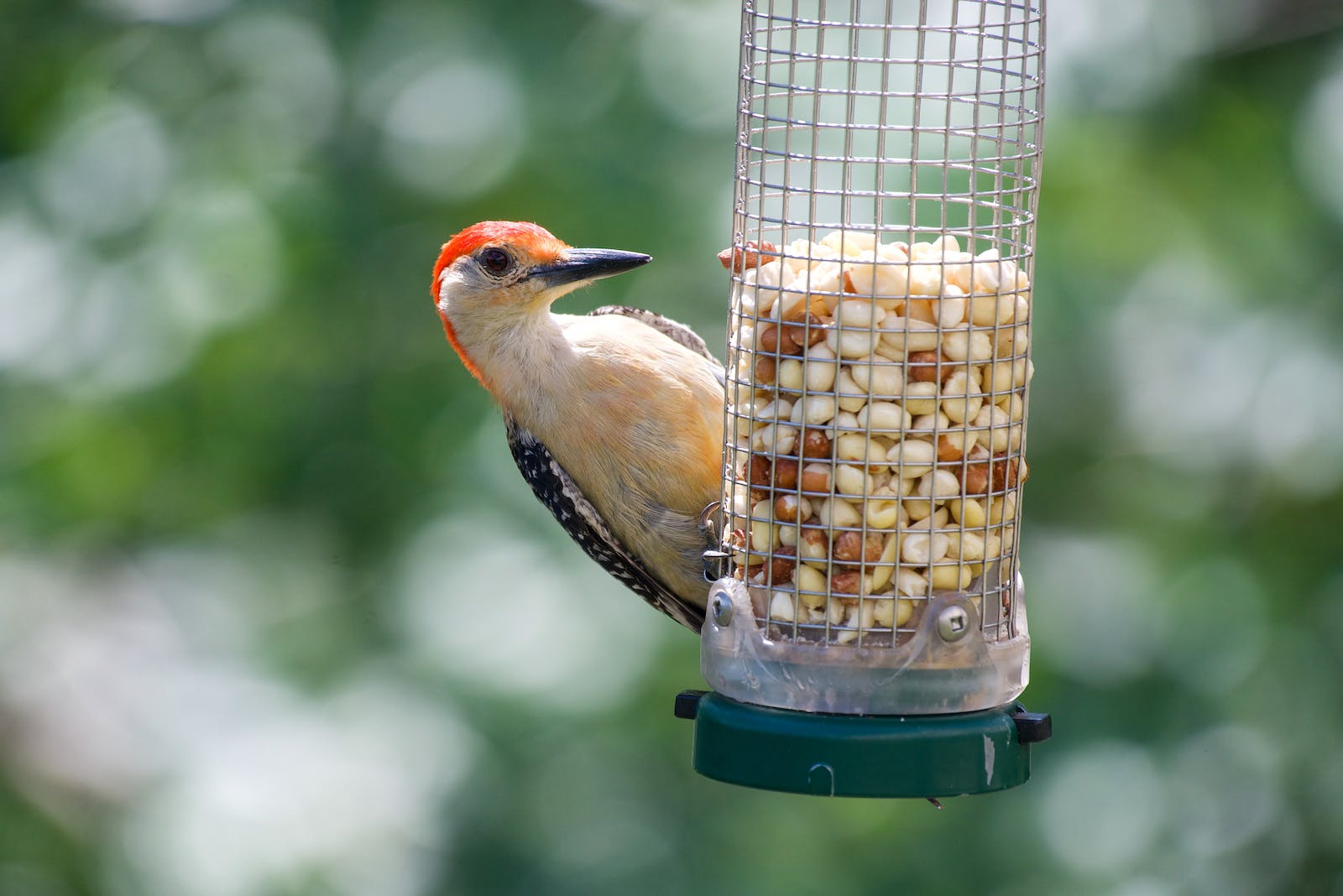The Pros and Cons of Pesticides
Exploring the Benefits and Drawbacks
Pesticides play a vital role in modern agriculture and food production by controlling pests and diseases. However, the use of pesticides also raises concerns about environmental and human health. In this article, we delve into the advantages and disadvantages of pesticides to provide a comprehensive understanding of their impact.
As with any agricultural inputs, the use of pesticides has both positive and negative aspects. It's important to weigh the benefits against the drawbacks to make informed decisions about their usage.
Pros
Despite the controversies surrounding their use, pesticides offer several advantages that cannot be ignored. Let's explore some of the surprising benefits of using pesticides in agriculture and food production.
Effective Pest Control
Pesticides are highly effective in controlling and eliminating pests, including insects, fungi, and weeds. By using pesticides, farmers can protect their crops from devastating infestations and minimize yield losses. This ultimately contributes to ensuring a stable and reliable food supply for the growing global population.
Increased Crop Yields
The use of pesticides can lead to increased crop yields by preventing crop damage caused by pests and diseases. With higher yields, farmers can meet the demand for food more effectively, potentially reducing food shortages and ensuring better food security.
Affordable Food Prices
Pesticides help keep food prices affordable by maintaining adequate production levels. When crops are protected from pests and diseases, the overall supply of food remains stable, preventing spikes in prices due to shortages.
Targeted Pest Control
Pesticides can be designed to target specific pests, minimizing the impact on non-target organisms. This targeted approach can help protect beneficial insects and organisms, ensuring a more balanced ecosystem.
Crop Protection
Pesticides provide a crucial defense against plant diseases, weeds, and other destructive organisms. By protecting crops from these threats, pesticides help preserve the quality and quantity of agricultural yields, ensuring food security for communities.
Missing a pro?
Let us know which pro you are missing!
Cons
While pesticides offer several benefits, they also have significant downsides that raise concerns about their widespread use. It's crucial to acknowledge and address the potential negative effects of pesticides on the environment, human health, and ecosystems.
Environmental Pollution
Pesticides contribute to environmental pollution by contaminating soil, water, and air. Runoff from agricultural fields can carry pesticides into nearby water bodies, posing risks to aquatic life and ecosystem balance. Additionally, pesticide residues can persist in the environment, leading to long-term pollution.
Health Risks
Exposure to pesticides is linked to various health risks for farmworkers, consumers, and communities living near agricultural areas. Prolonged or excessive exposure to pesticides may result in adverse effects on human health, including respiratory problems, neurological disorders, and certain cancers.
Ecological Imbalance
Pesticides can disrupt ecological balance by harming non-target organisms, such as beneficial insects, birds, and other wildlife. This can have a cascading effect on ecosystems, potentially leading to a decline in biodiversity and ecosystem resilience.
Residue Accumulation
The accumulation of pesticide residues in soil, water, and crops can have long-term environmental and health consequences. Excessive use or improper disposal of pesticides can lead to bioaccumulation in the food chain, posing risks to human health and ecosystems.
Resistance Development
Continuous use of pesticides can lead to the development of resistance in target pests, making the chemicals less effective over time. This may result in the need for stronger or more toxic pesticides, further exacerbating environmental and health concerns.
Missing a con?
Let us know which con you are missing!
Conclusion
In conclusion, pesticides are a double-edged sword in agriculture, offering effective pest control and increased crop yields while posing significant risks to the environment and human health. As the global demand for food continues to rise, it becomes essential to find a balanced approach to pesticide use that minimizes negative impacts. By adopting integrated pest management practices and exploring alternative solutions, the agricultural industry can strive towards sustainable and resilient food production systems.
What do you think?
Do you think the pros outweigh the cons?





